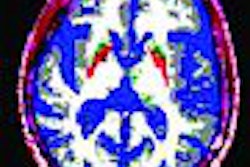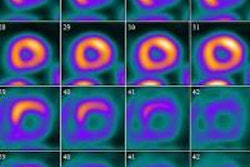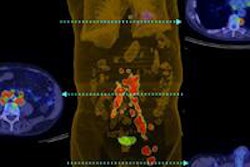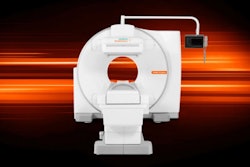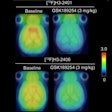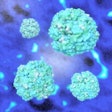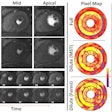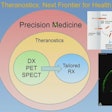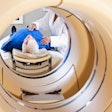Researchers are using PET to scan the brains of carriers of the Huntington's gene and measure the affliction's progress, according to a study published in the September issue of the Journal of Clinical Investigation.
The study used PET imaging to map changes in brain metabolism in 12 people with the Huntington's disease gene who had not developed clinical signs of the illness. PET scans were conducted repeatedly over seven years and led to the discovery of a network of abnormalities in the subjects' brains.
The network was used to measure the rate of disease progression, which researchers confirmed through independent measurements in scans from a separate group of Huntington's disease gene carriers who were studied in the Netherlands.
Study co-author Dr. David Eidelberg, of the Feinstein Institute for Medical Research, and colleagues believe that progression networks similar to the one identified in Huntington's disease carriers will have an important role in evaluating new drugs for degenerative brain disorders.





